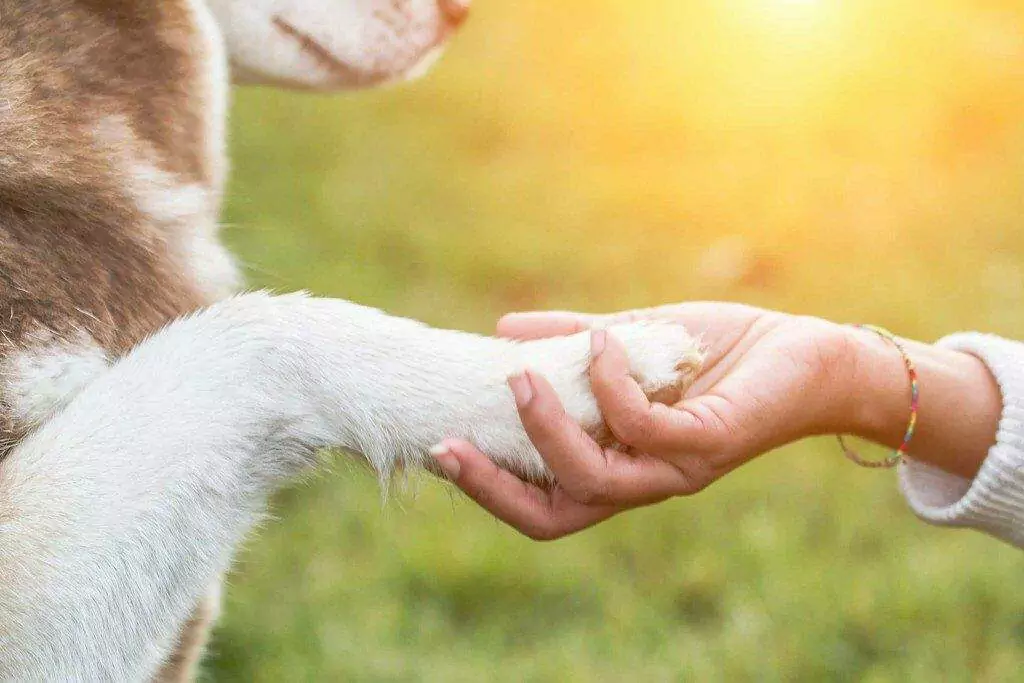Can dogs eat pork bones? Why can't dogs eat cooked bones?
2022-07-08
Dogs can eat pork bones but must try to choose large, not sharp-edged bones, preferably large pork bones or fan bones, cooked and cooled before giving them to dogs, because small pieces are easy to get stuck in the dog's throat, and in serious cases may cause intestinal infarction and other diseases, while too sharp bones may cut the dog's intestines, causing vomiting or blood in the stool. Generally speaking, dogs under 12 months of age are not recommended to be fed bones, otherwise, they may easily lead to indigestion.
Dogs can eat pig bones, but also need to pay attention to the best not to feed poultry bones or fish bones, these bones are relatively small and sharp, cooked, and become hard, especially the part of the dog bite off, more likely to scratch the dog's gastrointestinal or esophageal, so it is best to choose large bones, such as beef stick bone is also possible, you can also buy dog teeth grinding special bones to ease its teething needs. Generally speaking, want to supplement calcium, do not need to feed a lot of bones, it is best to feed liquid calcium, for better absorption.
What are the benefits of dogs eating pork bones for the dogs themselves?
Chicken, duck, and fish bones of course can not eat, will scratch their intestinal tract, the lighter to see a doctor, the heavier a life, pig bones can be given too large to chew the kind of tube bones, fan bones, etc., to the dog large pig bones is not that the dog when the main meal then eat, is to help him exercise his teeth, to prevent him from biting things, at the same time, he can absorb the calcium in the bones when gnawing on the bones, their health There are certain benefits
I. Can puppies gnaw on pork bones without meat?
Dogs should not be given bones when they are young, as their enamel is not yet well developed and they can injure their dental beds. Then the bones should be as big as possible, small bones can easily get stuck in the throat.
Also attached is the knowledge that I do not know if you can use it
Remember that the following bones can not be fed
1, the long bones of birds: long bones refer to the long bones of the legs and wings. Bones are hollow, so the bones are easy to bite when the sharp bevel, easy to lacerate the dog's mouth and esophagus, when dogs chew it, small hard fragments will still fork the dog's digestive system. 2, the bones of the neck of birds: these bones are easy to form the dog's esophageal infarction, especially for larger dogs, eat without chewing properly swallowed, it will be easy to cause Infarction, endangering the health of pets. 3, with joints of the pig version of the bone or cattle and sheep bones: with joints of large bones, is best not to give the dog to chew, there are ligaments connected to the joint, and the dog is easy to set teeth in the bone seam when chewing, causing the teeth to break. In the daily feeding of bones, but also always pay attention to the pet during feeding to be more observant, so that they do not accidentally will cause infarction or stuck, when they stuck also do not panic, to take out in time, if conditions allow to rush to the veterinary hospital, right and to do regular oral examination and care of the pet.
II. Will dogs get more aggressive when they chew on pork bones?
Of course not, but if someone teases the dog while it is chewing on the bone, the dog will make a purring sound to threaten the other person. Some dogs are particularly protective of their food, especially bones. So it is best to train your dog not to threaten its owner when chewing on a bone, by following these instructions.
Give your dog a bone to eat before you pretend to eat a few bites before giving it to your dog
Dogs eat bones when trying to let the dog eat beside themselves, but if the dog does not come do not touch the dog, you can quietly watch the dog eat, to eliminate the dog's vigilance
Do not hit the dog when the dog protects the food, so the dog may fight back
When the dog chews the bone can be on your side, and try to gently pet the dog, if the dog is not happy, do not continue to touch
Don't always give your dog pig bones, for fear that your dog will develop a picky eating habit. Don't give poultry bones, they can be harmful to your dog's stomach and intestines.
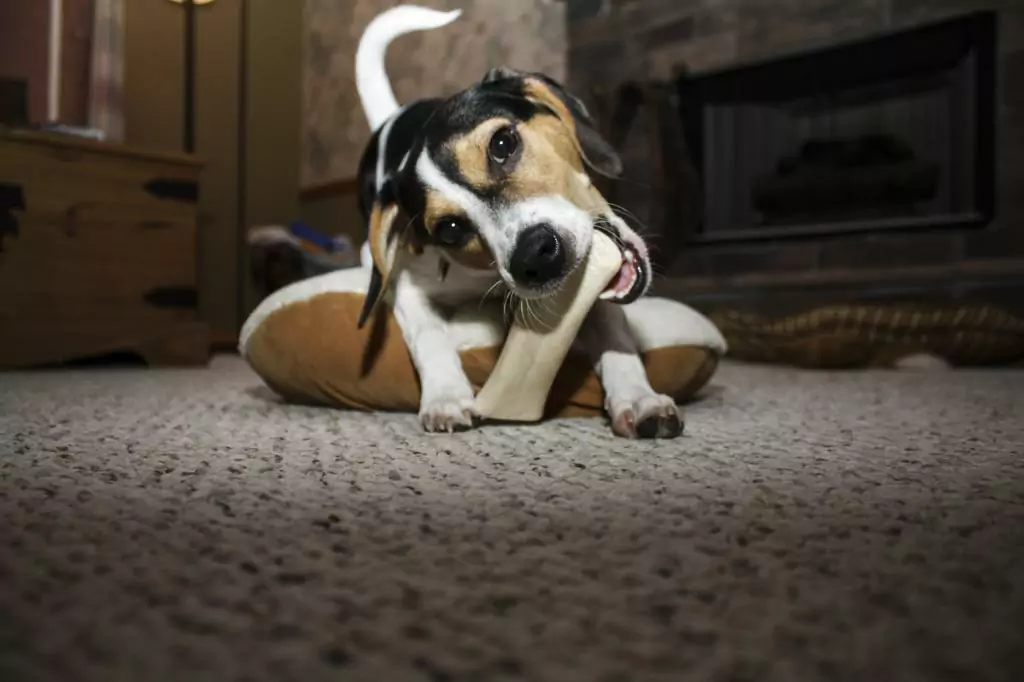
Three, why should dogs not eat cooked bones?
In general, cooked bones become brittle and sharp, and when dogs chew them, the bones turn into tiny, sharp pieces that hurt their throats and digestive tracts. In addition, cooked bones pose the following risks.
Broken teeth.
Cuts to the mouth and tongue.
Bones get stuck near the dog's jaw.
Bone blockage in the esophagus.
Bone blockage in the trachea.
blockage of the bone in the stomach.
blockage of bones in the intestine.
bone fragments scraping the intestines.
Severe bleeding from the rectum.
Peritonitis.
IV. Benefits of bone broth for dogs
1. Rich in vitamins and minerals that contribute to your dog's overall health and immune function.
2. Rich in glucosamine, chondroitin, and hyaluronic acid, which are beneficial for joint protection and prevention of arthritis in older dogs.
3. Contains glycine, which promotes liver function in dogs.
4. Contains natural anti-inflammatory compounds, such as glycine, proline, and arginine
5. Compared to bones, bone broth is easier to digest as well as absorb, and older dogs tend to have reduced digestion, so the broth can soothe gastrointestinal function.
6. Dogs that have lost their appetite will also be willing to drink bone broth.
For older dogs, bone broth is an all-natural dietary supplement that helps promote organ function as well as the immune system, keeping dogs healthy and strong. Also, for some dogs that have difficulty eating or are recovering from an illness, bone broth is easier to absorb and has many nutrients, and drinking the broth also hydrates the dog's body to prevent dehydration. However, older dogs do not have a high digestive capacity and can get pancreatitis if they drink too much bone broth, so try not to give it to your dog too often.
V. How do owners make bone broth?
First of all, cooking bone soup is of course to think about what bones are good to use. Generally speaking, we would choose to use pig bones, and in addition to that, owners can also use bones from chickens, ducks, cows, and sheep. Although in the market will also be some cooked bones, the owner can directly use to cook, taking less time, but with raw bones more can get the maximum nutritional value. Then there are other parts, after adding water, if the owner wants the bone soup to be more nutritious inside, then he can add some apple cider vinegar into it. The acid content in apple cider vinegar will ensure that the minerals in the bones melt into the broth, just add a teaspoon of apple cider vinegar for every 3 liters of water. If you don't have apple cider vinegar, then you can also use lemon juice instead.
Of course, bone broth is the soup, after all, the owner can also add some vegetables to the soup, such as carrots, spinach, kale, etc. These vitamin and mineral-rich vegetables are helpful to the dog's health. But owners should not add some vegetables that are toxic to dogs, such as onions and garlic, etc.
After cooking the bone broth, the owner must filter out the bones and repeatedly salvage some bone fragments to prevent the dog from eating it and hurting the digestive tract of the throat. At the same time, it is best to let the bone broth cool a bit before giving it to the dog to eat. If the owner usually likes to cook, it may be worth making a bone soup during the holidays, and some soup for the dog to drink, and then other ingredients continue to make dishes on the table, so the bones will not go to waste.
Was this article helpful to you?
Other links in this article
español :
¿Pueden los perros comer huesos de cerdo? ¿Por qué los perros no pueden comer huesos cocidos?
Português:
Os cães podem comer ossos de porco? Porque é que os cães não podem comer ossos cozinhados?
português (Brasil):
Os cães podem comer ossos de porco? Por que os cães não podem comer ossos cozidos?
中文简体:
狗能吃猪骨吗?为什么狗狗不能吃煮熟的骨头?
中文繁体:
狗能吃豬骨嗎?為什么狗狗不能吃煮熟的骨頭?
Comments
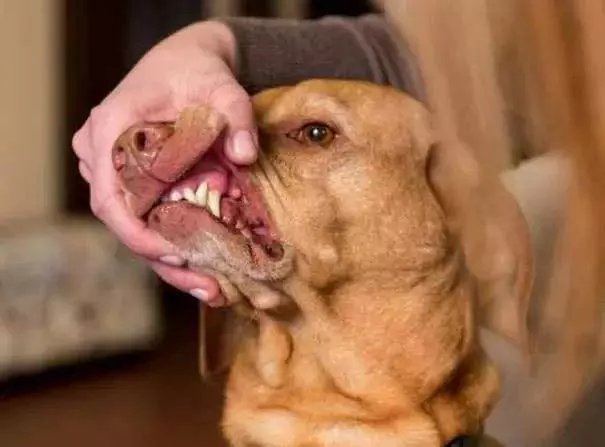
Is a dog's mouth cleaner than a human's? Dogs' mouths need regular cleaning
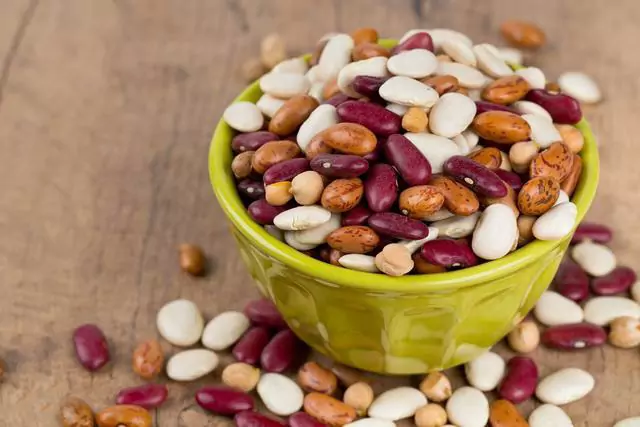
Can dogs eat beans? Do dogs eat beans for health?

Can dogs eat lemons? Fruits that dogs should not eat more of

Do dogs have nightmares? Are dogs' dreams similar to humans'?
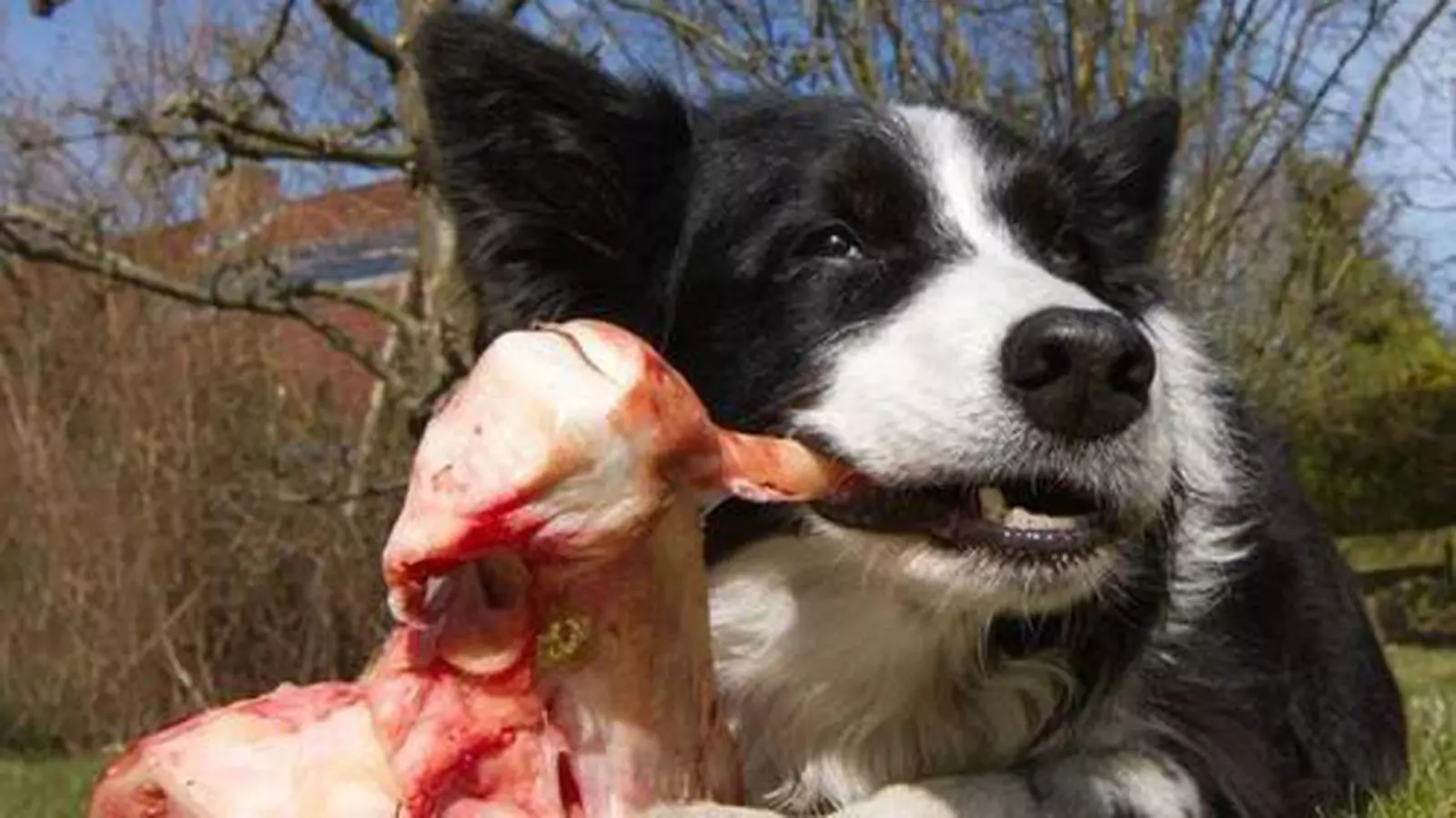
Can dogs eat raw beef? The benefits and drawbacks of beef for dogs
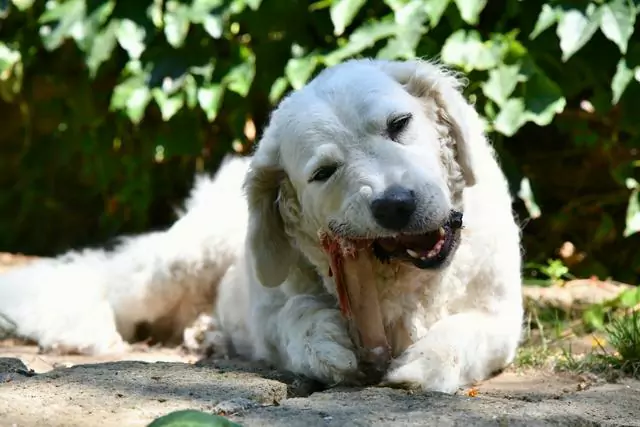
Is raw meat good for dogs? Can dogs eat raw chicken?
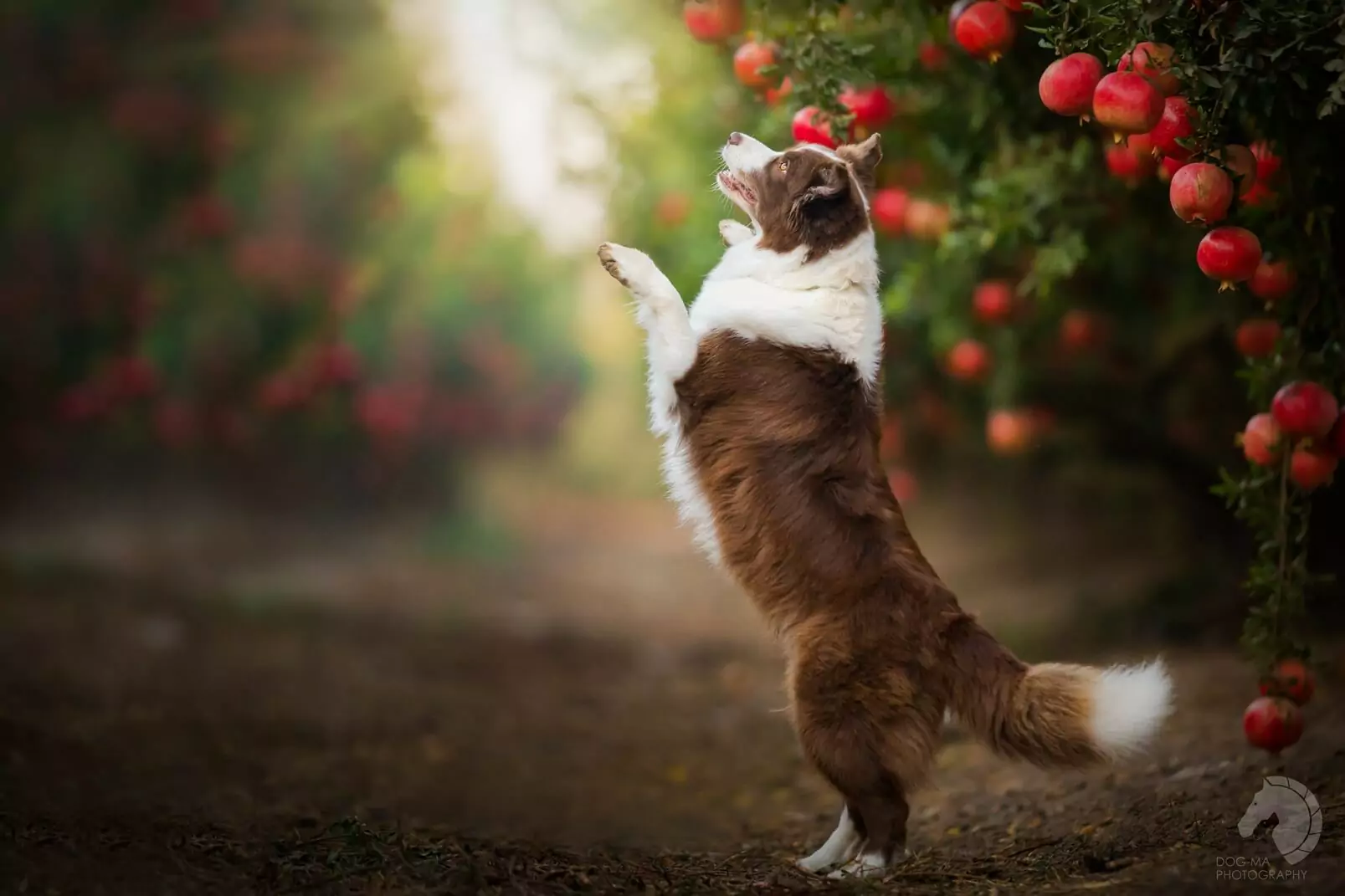
Can dogs eat pomegranates?

Can dogs eat ham?Can all types of ham hocks be eaten?

How to give a dog a bath

Can dogs eat kimchi?








